Division of Cancer Biology R15 Investigators Workshop (Speaker Bios)
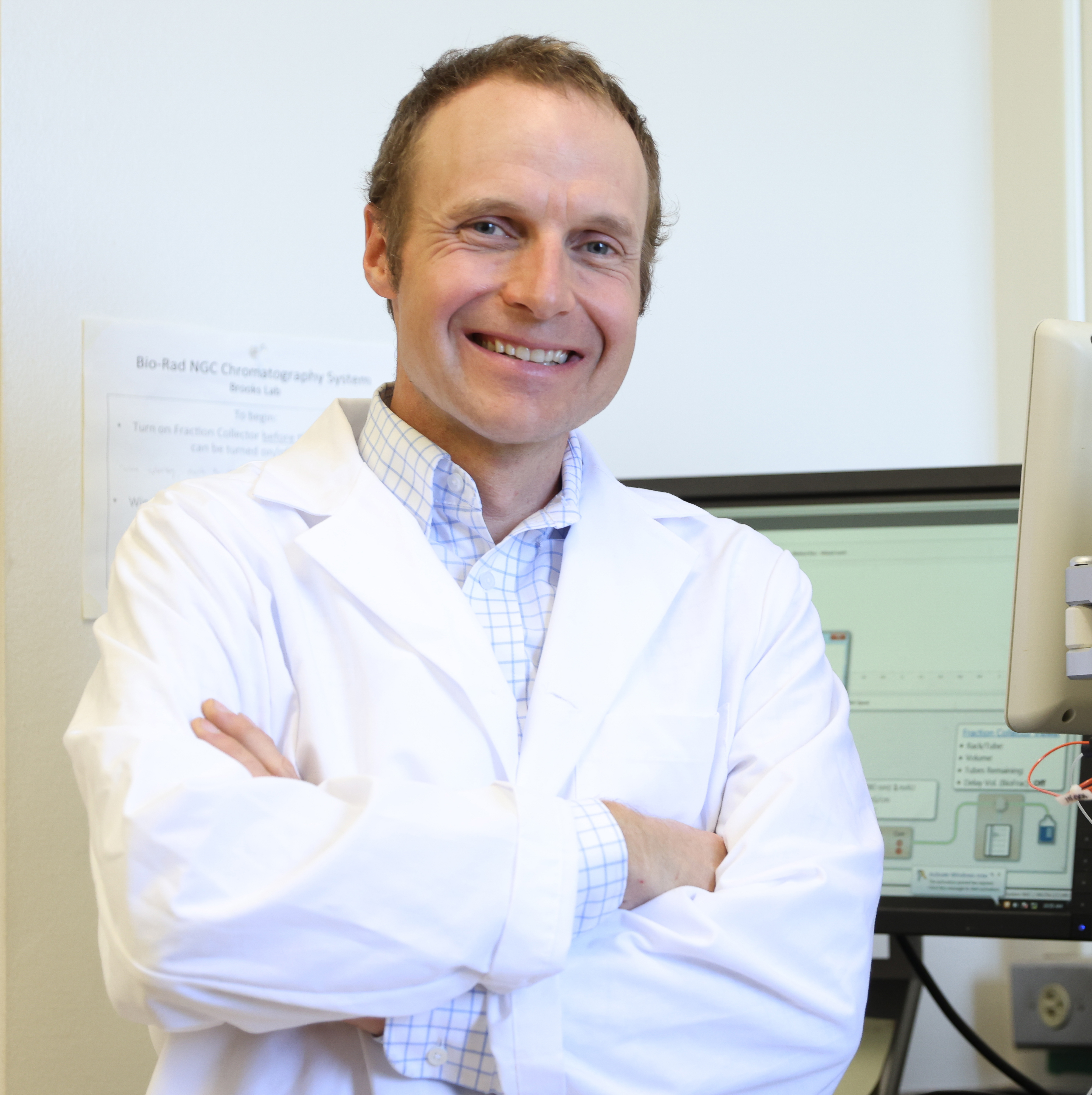
I'm a Professor in the Department of Chemistry and Biochemistry at California State University Fresno. I also serve as Editor-in-Chief of the journal Monoclonal Antibodies in Immunodiagnosis and Immunotherapy. I completed my PhD in structural biology at the University of Victoria (Canada) and was a Canadian Institutes of Health Research (CIHR) post-doctoral fellow at the University of Alberta (Canada). My lab employs structural biology and protein science to understand the molecular nature of antibody-antigen interactions. My research has particular emphasis on nanobodies, therapeutic antibodies and antibody carbohydrate interactions.
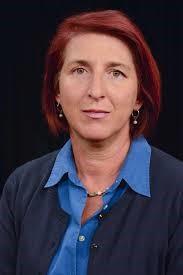
Dr. Maré Cudic is an Associate Professor in the Department of Chemistry and Biochemistry at Florida Atlantic University, Boca Raton, FL. She earned her Ph.D. in Organic Chemistry at the University of Zagreb, Rudjer Boskovic Institute, Zagreb, Croatia.
Her research interests focus on the elucidation of carbohydrate recognition systems of biological and medical importance. In particular, she is interested in the recognition of cancer-associated mucin type O-glycans by endogenous lectins. Her work uses chemical approaches to synthesize MUC1 model glycopeptides and glycopeptide libraries as tools for probing glycan biology as well as elucidating the mechanisms of low affinity and selectivity of glycan-lectin interactions. The ultimate goal is to better understand glycan interactions with their respective receptors that are involved in cancer progression, tumor evasion and metastasis in order to aid the design and development of novel chemotherapeutic agents, cancer vaccines and drug delivery systems.
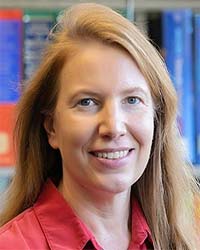 Judith K. Davie, Ph.D.
Judith K. Davie, Ph.D.
Professor and Chair, Biomedical Science, Southern Illinoius University School of Medicine
jdavie@siumed.eduDr. Davie obtained her B.S. from Auburn University. She then pursued her Ph.D. at the University of California at Berkeley, where she discovered that the Swi/Snf chromatin remodeling complex interacts with the transcription elongation machinery, leading to a life long interest in how transcription factors and epigenetic alterations control cellular fate. Dr. Davie completed her postdoctoral studies at the University of Texas M.D. Anderson Cancer Center. She joined the faculty at the Southern Illinois University School of Medicine in 2006. Her research focuses on the signalling pathways and cellular machinery that control the switch between proliferation and differentiation in skeletal muscle and how this program is co opted in the pediatric cancer, rhabdomyosarcoma. During her time at SIU, Dr. Davie has also led an initiative to merge three basic science departments into one unified department and create an umbrella graduate program encompassing the basic science departments on the Carbondale and Springfield campuses. Dr. Davie was named Chair of the Department Biomedical Science in 2023.
 Yvonne L. Duglas-Tabor, BS, BA
Yvonne L. Duglas-Tabor, BS, BA
Health Science Administrator, National Cancer Institute/Division of Cancer Biology/Cancer Immunology
duglasy@mail.nih.govI have more than 20 years of experience managing the portfolio of the Cancer Immunology, Hematology and Etiology Branch. As the health scientist administrator my priority is making sure the grants we fund are in full compliance with NIH/NCI policy guidelines and regulations. I'm the program director for R15 (AREA), R03 (small grants), and health disparity R01s. I'm actively engaged with the NCI Equity and Inclusion Program whose goal is to increase workforce diversity, build a more inclusive and equitable NCI community, address cancer health dispariities, and advance health equity. I'm proud to be part of this effort to advance racial equality and social justice in cancer care and research. You have to be "in it" to "win it".
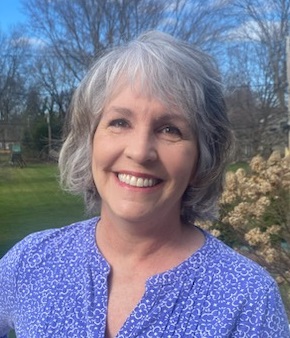
Maureen Ferran has spent over twenty years studying the genetics of VSV-host interactions. Her passion for genetics and virology began during her Ph.D. studies at the University of Connecticut, where she first worked with Vesicular Stomatitis Virus (VSV). She then completed her postdoctoral studies at NIAID/NIH, focusing on the mechanisms by which human papillomaviruses transform primary keratinocytes.
Since joining the Rochester Institute of Technology in 2001, her research has focused on how VSV evades host immunity. Her group has demonstrated that the VSV matrix protein evades the interferon response at many levels, including the inhibition of NFkB activation. Currently, she is leveraging these findings to develop VSV strains that more effectively target and kill human tumor cells while retaining aspects of innate immunity.
Maureen is involved in numerous collaborations that have expanded her scientific horizons. These include the development of dual model imaging agents for breast cancer visualization and photodynamic therapy (R15CA260420), the creation of viral vectors for high-throughput genetic screens in C. Elegans (R21GM148859), and exploring the impact of strain-activated calcium channels on viral infection of lung cells (NSF grant pending). Additionally, she uses Molecular Dynamics to study viral-host interactions.
She is passionate about mentoring undergraduates and has proudly mentored over 85 individuals, many of whom have gone on to earn Ph.D.s in virology or related fields. To promote diversity within her scientific community, she actively recruits students from underrepresented groups, participates in a HHMI Inclusive Excellence grant, and has received NIH Administrative Supplements to support students from diverse backgrounds.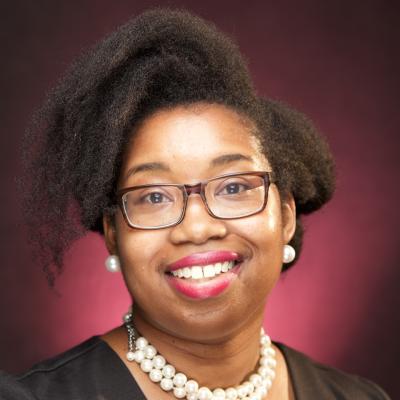 Chantel Fuqua, Ph.D.
Chantel Fuqua, Ph.D.
Program Director, National Cancer InstituteDr. Chantel Fuqua has been a Program Director in the Diversity Training Branch of the National Cancer Institute’s Center to Reduce Cancer Health Disparities since March 2023. In this role, Dr. Fuqua manages the Diversity Supplements portfolio, Comprehensive Partnerships to Advance Cancer Health Equity (CPACHE U54) programs, and the NIH Common Fund's Faculty Institutional Recruitment for Sustainable Transformation (FIRST) program. Before joining NCI, Dr. Fuqua worked as a Director of Faculty and Educational Initiatives at the Association of American Medical Colleges, where she managed the Minority Faculty Leadership Development Seminar, Mid-Career Faculty Leadership Development Seminar, Grant Writers Coaching Workshop for National Institutes of Health Awards, and previously led a pilot program at seven academic medical centers focused on holistic review for faculty recruitment and retention to increase faculty diversity. Dr. Fuqua received her B.S. in Chemistry from Saint Louis University and her Ph.D. in Biomedical Sciences from Meharry Medical College.
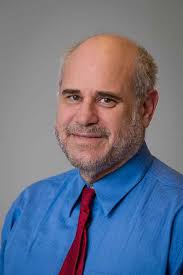 Daniel Gallahan, Ph.D.
Daniel Gallahan, Ph.D.
Division Director, National Cancer Institute/Division of Cancer BiologyAs the National Cancer Institute (NCI) Director for the Division of Cancer Biology, Dr. Gallahan is part of the leadership team that helps NCI staff carry out its mission, especially in the area of basis cancer research.
Dr. Gallahan has enjoyed a long history with the NCI, initially as an intramural researcher focusing on the utilization of model systems to help understand the role of genetic alterations in breast cancer and the role of human papillomaviruses in cancer. He also spent time outside the government in private industry to explore the commercial and applied side of research, helping to establish a molecular diagnostic test.
In the NCI extramural community, he has been responsible for the establishment of many important programs and scientific innovations having direct impact on new knowledge and cancer advances, such as the STAMP Out breast cancer program, trans-NCI Innovative Molecular Analysis Technologies (IMAT) initiative, and the Integrative Cancer Biology Program (ICBP).
In his relentless pursuit of innovation and desire for a better understanding of cancer, he has worked both at an individual level and at an organizational level, advancing quickly to become the Deputy Director of the Division of Cancer Biology and, following an international search, becoming the Director of the division in 2019.
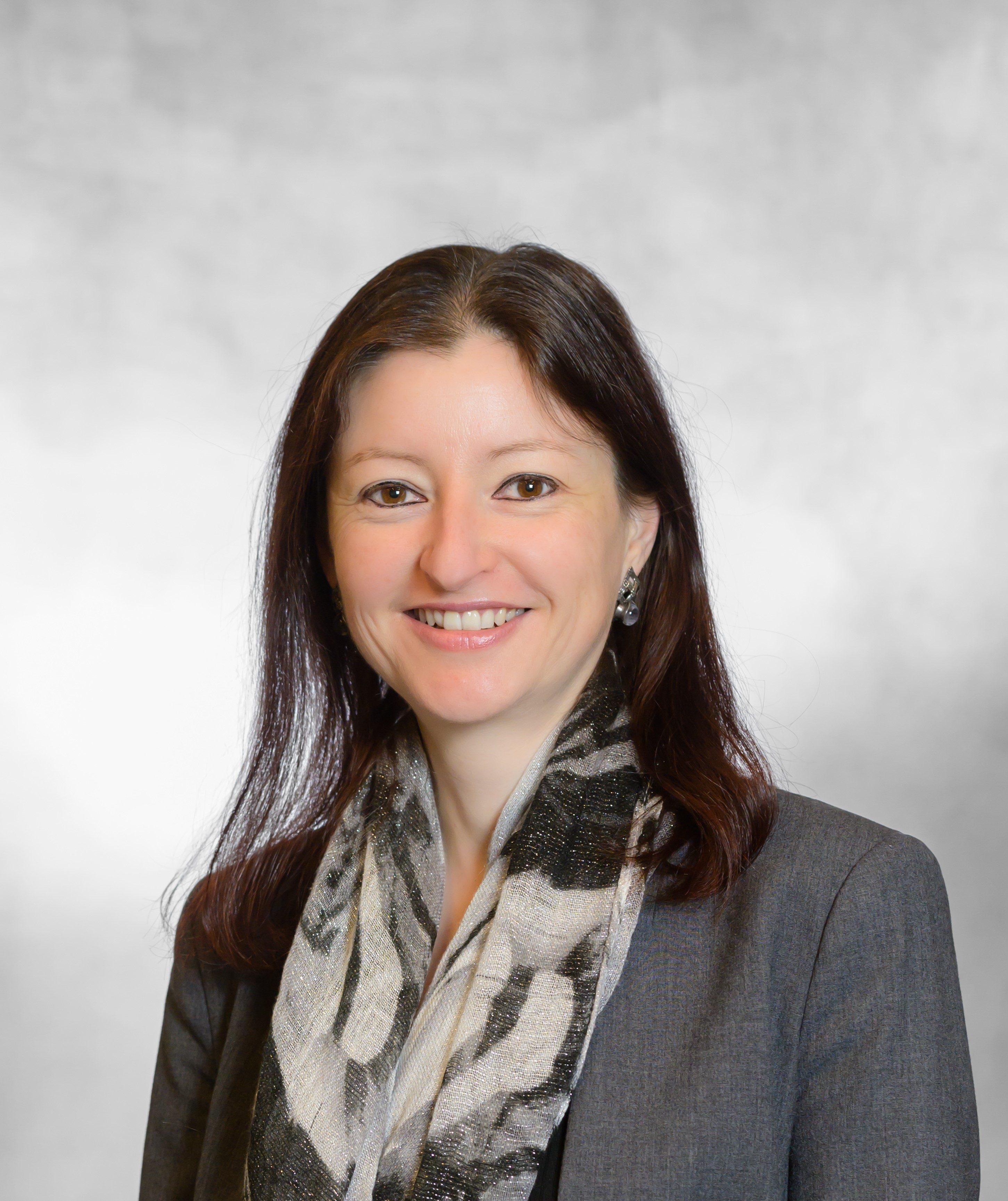
Dr. Brunilde Gril is a program director in the Division of Cancer Biology (DCB) at NCI. She manages a grant portfolio covering different aspects of the metastatic process, with an emphasis on brain metastases, cancer neuroscience, and pre-clinical research. Before joining DCB, Dr. Gril was a staff scientist at NCI performing basic and translational research on brain metastases of breast cancer. Cross-trained in psychology, Dr. Gril developed a clinical protocol to evaluate coping strategies to optimize quality of life in patients with brain tumors. Dr. Gril came to DCB for the opportunity to encourage transdisciplinary approaches and collaborations between metastasis researchers.
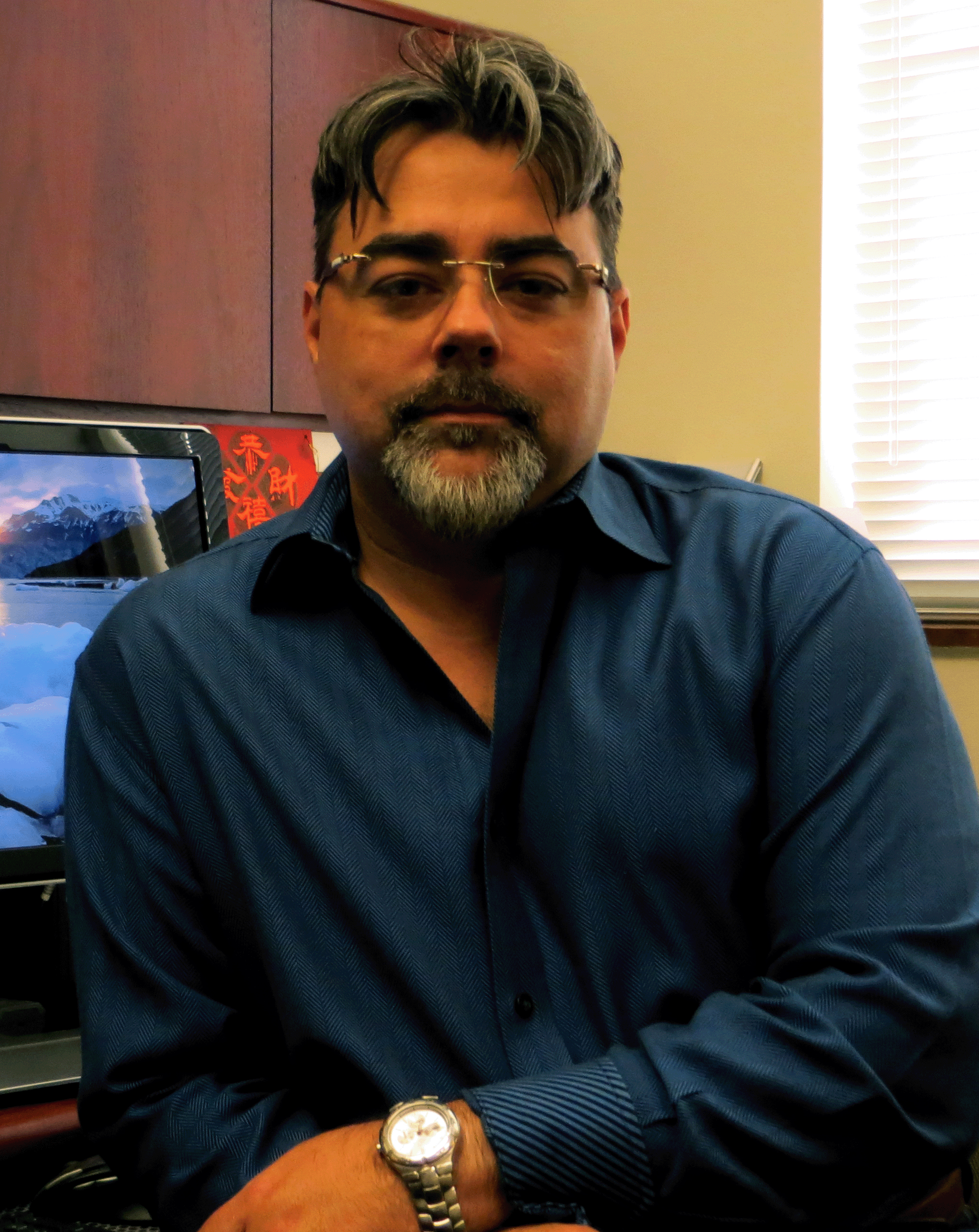 Robert Harrod, Ph.D.
Robert Harrod, Ph.D.
Associate Professor of Biological Sciences, Southern Methodist University
rharrod@smu.eduMy laboratory's research is primarily focused on understanding how viral regulatory proteins encoded by the human T-cell leukemia virus type-1 (HTLV-1) and high-risk human papillomaviruses (hrHPVs) deregulate cellular growth/proliferative pathways during viral carcinogenesis. Our studies to date have demonstrated that the HTLV-1 latency maintenance factor, p30II, interacts with the MYST-family acetyltransferase TIP60 and cooperates with the viral proteins, Tax and HBZ, as well as the c-Myc oncoprotein and induces aberrant T-cell lymphoproliferation and mitotic proviral replication in HTLV-1-infected cells. Mechanistically, p30II activates p53, inhibits TIP60-mediated acetylation of p53 on lysine residue K120, and induces mitochondrial targeting of the Tp53-induced glycolysis and apoptosis regulator (TIGAR) which suppresses the accumulation of damaging reactive oxygen species (ROS) in proliferating cells. Using the PROMALS algorithm, we further identified a structurally conserved core domain of homology between p30II and the E6 oncoproteins of hrHPVs which similarly cooperate with c-Myc and inhibit TIP60-mediated p53-K120-acetylation. Our recent studies have demonstrated that HPV16/18 E6 proteins induce HIF-1/2-mediated pseudohypoxia and activate cellular kinases that phosphorylate TIGAR on serine residues to induce its hypoxia-independent mitochondrial targeting in HPV16/18+ cervical carcinoma cells and 16/18 E6-expressing cells (Yapindi et al. 2023, Virology 585:1-20). Lentiviral-siRNA-tigar knockdown experiments demonstrated that TIGAR's pro-survival functions are essential for the cooperation between the Pv E6 protein and Myc and could contribute to the S-phase-like reprogramming of differentiated epithelial cells during HPV pathogenesis. Dr. Harrod received his Ph.D. in 1996 from the University of Maryland-Baltimore and trained as a postdoctoral fellow at the USUHS and NCI/NIH. He is highly dedicated to training Ph.D. graduate students and undergraduates in molecular viral oncology research and has served as the PI on 4 NIH AREA grant projects and mentored 14 graduate students and 62 undergraduates in his research laboratory and serves as a reviewer for many granting agencies and scientific journals.
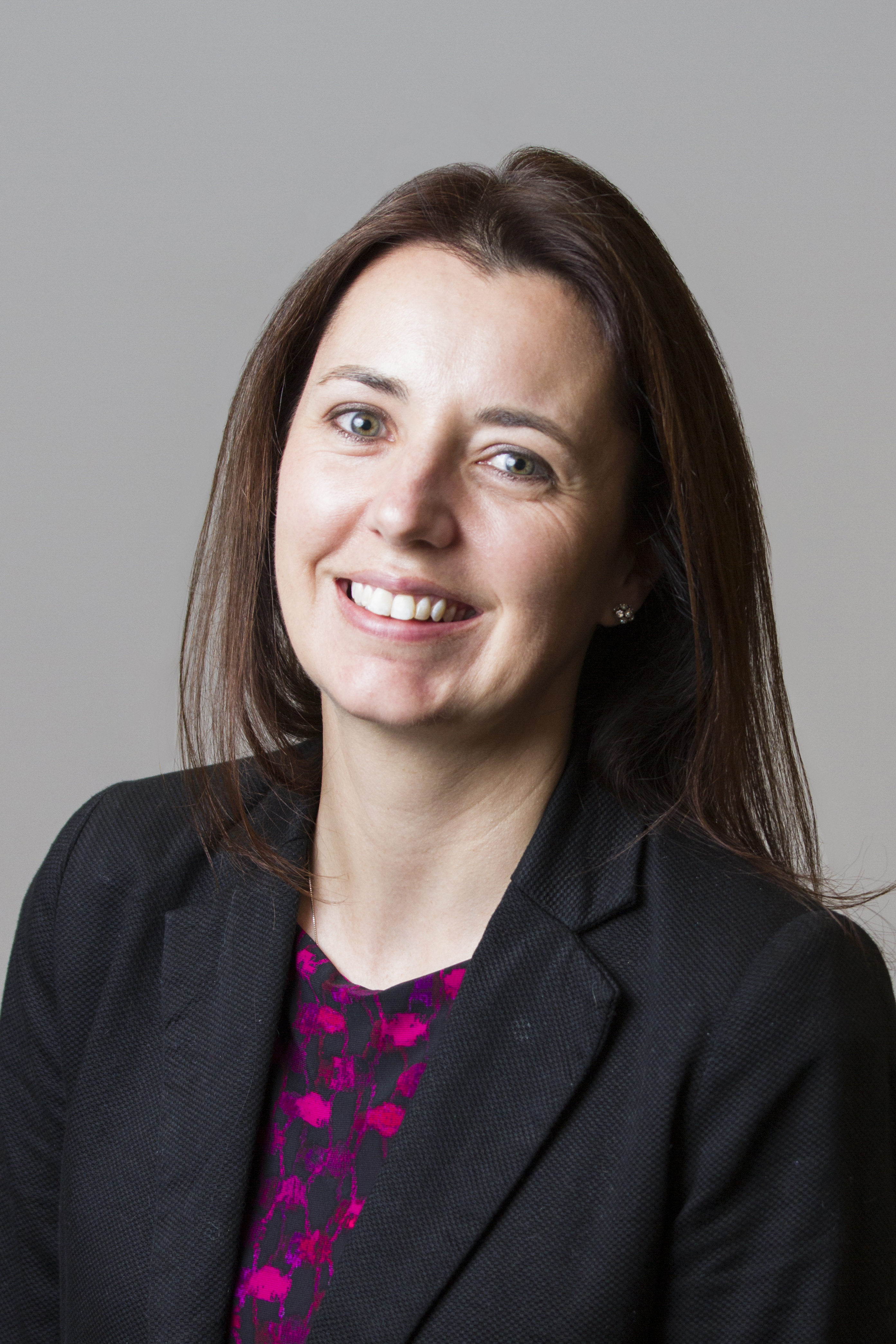 Shannon Hughes, Ph.D.
Shannon Hughes, Ph.D.
Deputy Director, National Cancer Institute/Division of Cancer BiologyDr. Shannon Hughes is the Deputy Director of Division of Cancer Biology (DCB) at the National Cancer Institute (NCI) where she helps to oversee the NCI’s fundamental cancer biology portfolio. Prior to her current position, Dr. Hughes was a program director in the DCB Tumor Metastasis Branch. In addition to managing an investigator-initiated grant portfolio in cancer systems biology and metastasis, Dr. Hughes held leadership roles in the NCI Cancer Moonshot-supported Human Tumor Atlas Network and the NCI Cancer Systems Biology Consortium. She has also contributed to several NCI and NIH programs, including the NCI Equity and Inclusion Program, the NCI Physical Science Oncology Network, and the NIH Human Biomolecular Mapping Program. Dr. Hughes’ postdoctoral research in the Biological Engineering Department at MIT investigated the crosstalk between the cytoskeleton and receptor tyrosine kinase signaling during the initiation of breast cancer metastasis. Dr. Hughes earned a PhD in Biomedical Engineering from Washington University in St. Louis where her doctoral research focused on the role of sphingolipids in vascular cell migration. Prior to completing her graduate work, Dr. Hughes began her career as a chemical engineer in the Corporate Process Technology Center at 3M in St. Paul, Minnesota.
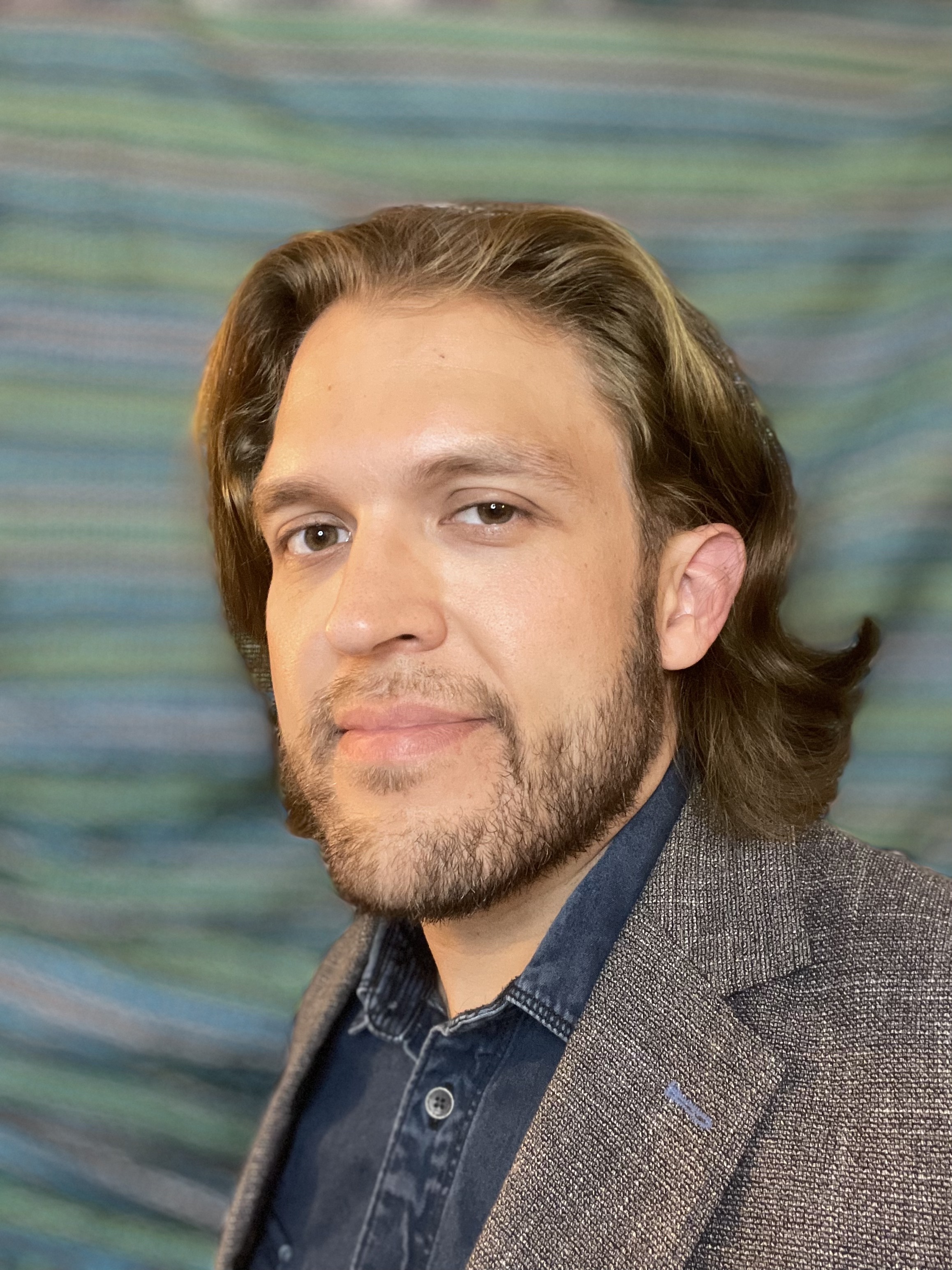 Eric Johnson Chavarria, Ph.D.
Eric Johnson Chavarria, Ph.D.
Program Director, Division of Cancer BiologyEric Johnson Chavarria is a Program Director of the Physical Sciences-Oncology Network within the Biophysics, Bioengineering and Computational Sciences Branch in the Division of Cancer Biology. Prior to joining the Division of Cancer Biology (DCB), Dr. Johnson Chavarria served as Program Director of the Intramural Continuing Umbrella of Research Experiences (iCURE) program within NCI’s Center to Reduce Cancer Health Disparities and as an AAAS Science & Technology Policy Fellow in DCB. In these roles, he served as training and mentoring navigator for intramural trainees and leveraged open innovation approaches to bridge emerging technology to address health challenges. These approaches included innovation labs and challenge prize competitions. Dr. Johnson Chavarria manages a portfolio of grants focused on physical sciences in oncology, technology development, engineering approaches and biomaterials for cancer biology. He has expertise in the biology of the cytoskeleton, protein structure, microfluidics and microfabrication, and single molecule technologies.
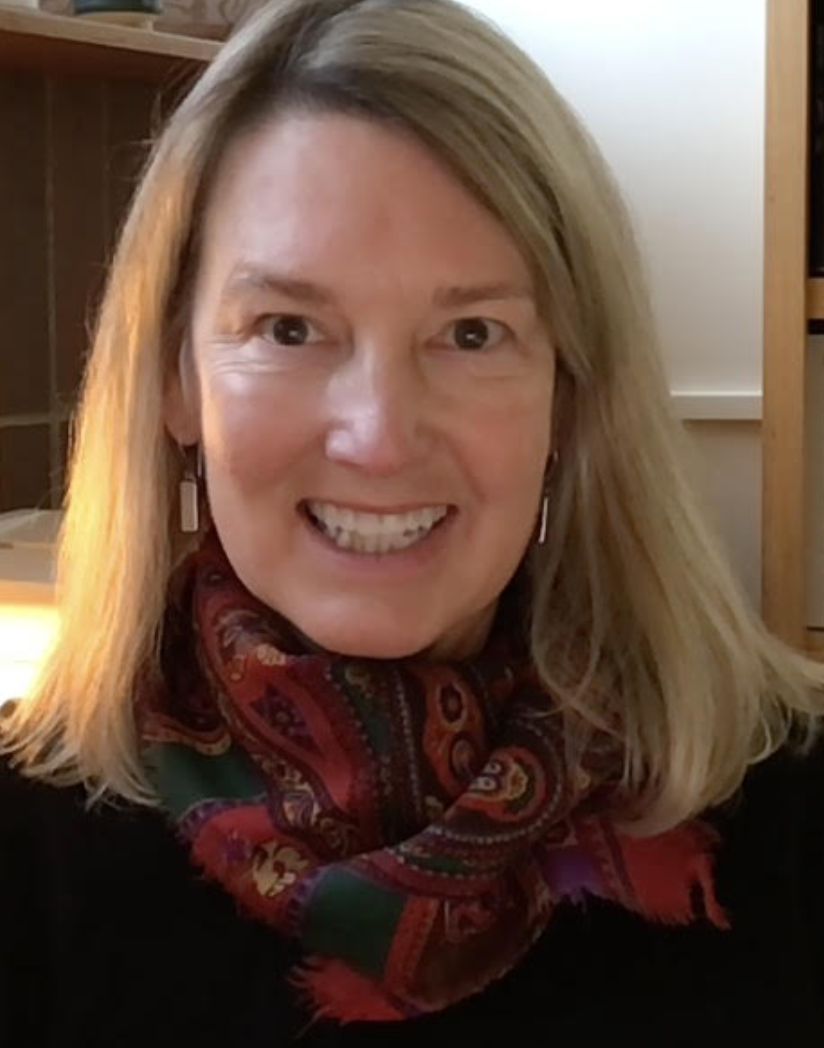 Cheryl L. Jorcyk, Ph.D.
Cheryl L. Jorcyk, Ph.D.
Professor of Biological Sciences/Director Clinical & Translational Research, Boise State University
cjorcyk@boisestate.eduDr. Cheryl L. Jorcyk is a Professor in the Department of Biological Sciences and in the Biomolecular Sciences Graduate Program, as well as the Director of Clinical & Translational Research Boise State University in Boise, Idaho. She is also the director of the NIH Training Grant for the Southwest Idaho Bridges to Baccalaureate (SWID B2B) program. Her research lab is focused on studying the role of inflammatory proteins in breast, prostate, and ovarian cancer. Translational studies to develop a novel therapeutic to block these proteins are underway. Dr. Jorcyk has published over 65 journal articles. Funding for her research has come from the National Institutes of Health, the National Science Foundation, the Binational Science Foundation, NASA, the American Cancer Society, the Susan G. Komen Foundation, METAvivor, the W.M. Keck Foundation, the Murdock Charitable Trust, the Idaho Higher Education Research Council, the Smylie Family Fund, and the Birt Family.
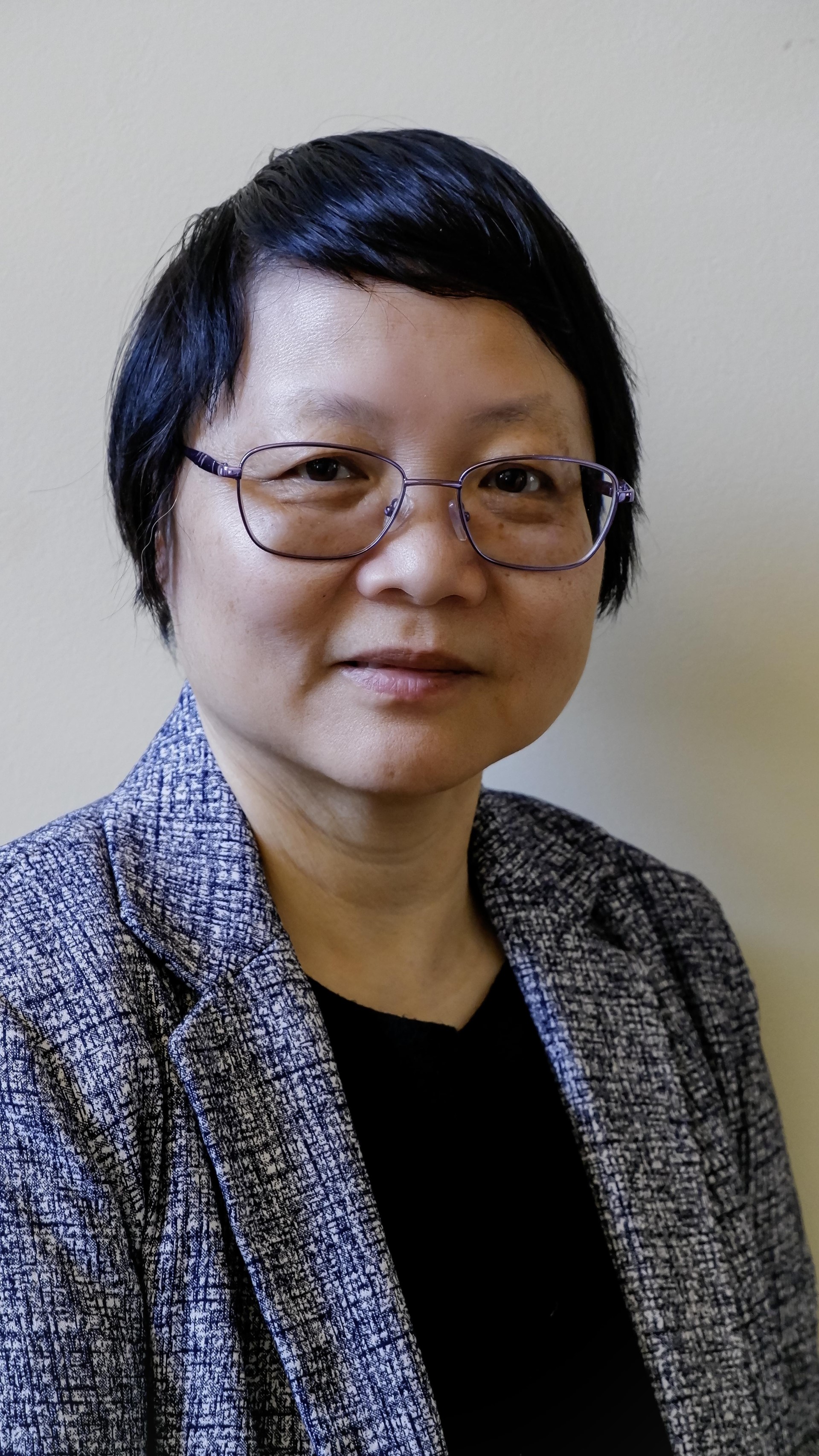
Dr. Ruibai Luo is a program director in the Division of Cancer Biology at NCI. She manages a grant portfolio in post-translational modifications, circadian biology, R03s, R15s, and R50s in cancer cell biology. Dr. Ruibai Luo has researched diverse areas throughout her scientific career, including plant genetic modification, apoptosis, antibody engineering, and small GTP-binding proteins.

Dr. Stefan Maas manages grant portfolios of RNA biology in cancer (including RNA processing, modification, transport, translation, and decay) and major tumor suppressor gene signaling.
Along with his work in DCB, Dr. Maas is member of the NIH Transformative High-Resolution Cryoelectron Microscopy Common Fund Program, whose aim is to provide broad access to high-resolution cryoelectron microscopy (cryoEM) and cryoelectron tomography (cryoET) technology and training for biomedical researchers.
Prior to joining DCB, Dr. Maas was a Program Director at the National Institute of General Medical Sciences (NIGMS) and previously a professor of RNA biology at Lehigh University.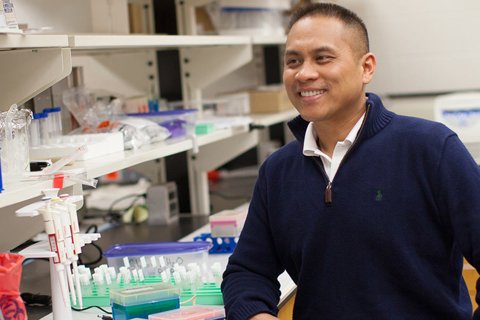 Gerard Madlambayan, Ph.D.
Gerard Madlambayan, Ph.D.
Professor and Chair; Department of Biological Sciences, Oakland UniversityDr. Gerard Madlambayan is a Professor and Chair of the Department of Biological Sciences at Oakland University (Rochester, MI, USA). He obtained his Ph.D. degree from the University of Toronto in the areas of Chemical and Biomedical Engineering. Prior to joining Oakland University, Dr. Madlambayan was faculty at the University of Florida in the Division of Hematology/Oncology. Dr. Madlambayan also has industry experience as the Senior Scientist and Laboratory Director of Insception Biosciences. Dr. Madlambayan’s research focuses on the role of the tumor microenvironment (TME) in the progression, growth and relapse of various cancers. The tumor microenvironment comprises a variety of cell types including endothelial cells, stem cells and various immune cells that migrate to the growing cancer. His work has shown that interactions with endothelial cells play an important role in the response to chemotherapy and relapse rates of acute myeloid leukemia. Dr. Madlambayan has also found that hematopoietic stem and progenitor cells are a major constituent of the TME and play a significant role in the re-growth of lung cancers post radiation therapy. The overall goal of his research is to apply his findings towards developing novel, clinically relevant treatment strategies using molecular agents or radiation to improve overall patient outcome.
- Irina V. Nesmelova, Ph.D.
Professor, University of North Carolina at CharlotteDr. Nesmelova received her Ph.D. in Physics and Mathematics from Kazan State University and completed postdoctoral studies in Biochemistry and Biophysics at the University of Minnesota. Currently, she is a Professor in the Department of Physics and Optical Sciences at the University of North Carolina at Charlotte. She and her group conduct research at the interface of biophysics and structural biology, using experimental and theoretical tools to gain a mechanistic understanding of biologically and medically significant proteins. Dr. Nesmelova serves as the director of the interdisciplinary Molecular Biophysics concentration and as the Group Leader of Molecular Biophysics Exchange Group, jointly funded by the North Carolina Biotechnology Center and UNC Charlotte. She has been a recipient of multiple research grants from the NIH and other agencies, and serves as an editor for several journals, including Nucleic Acid Research, Biomolecules, Frontiers in Molecular Biosciences, and Scientific Reports.
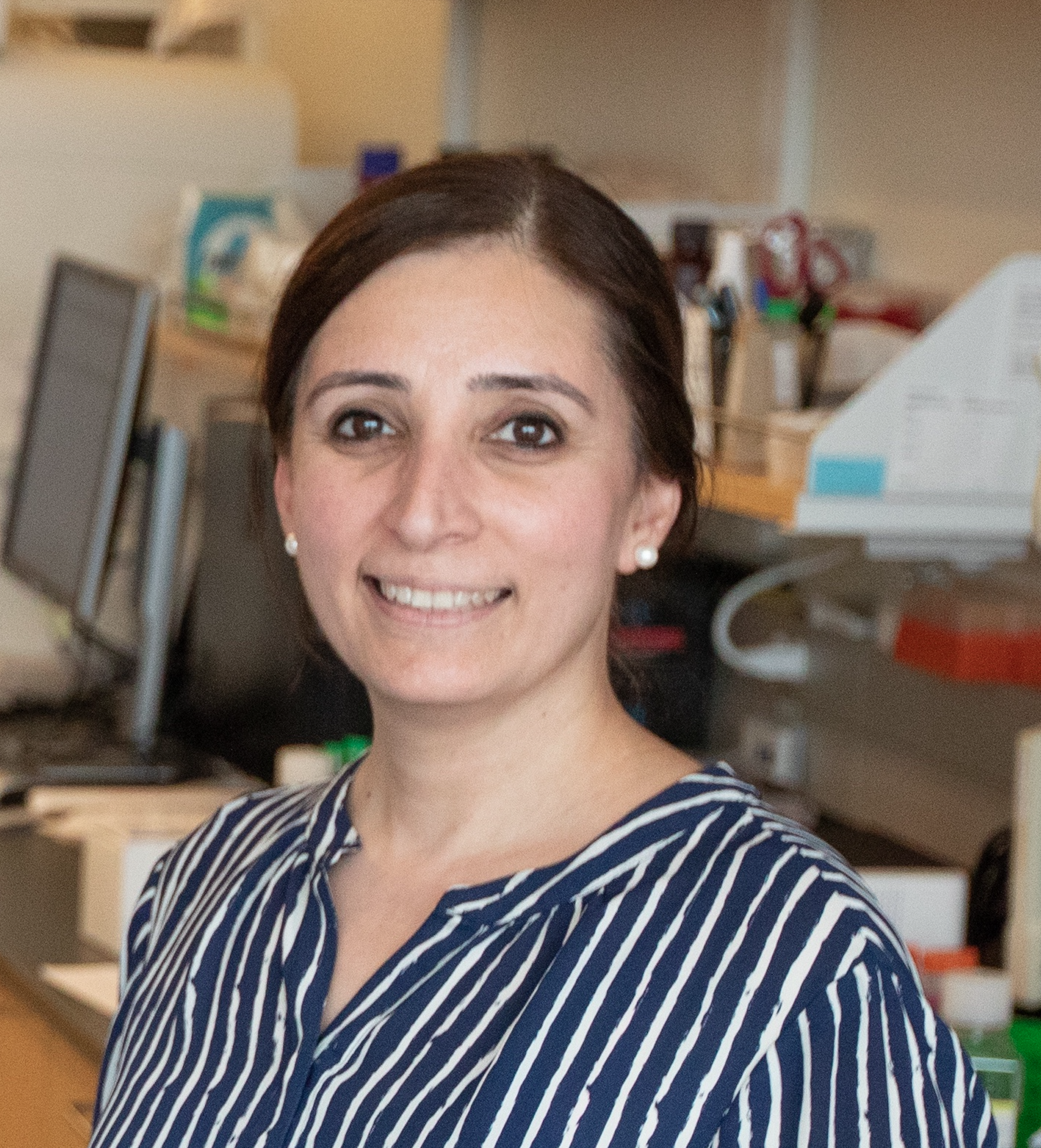 Shailja Pathania, Ph.D.
Shailja Pathania, Ph.D.
Associate Professor, University of Massachusetts Boston
shailja.pathania@umb.eduDr. Pathania is an Associate Professor at the Center for Personalized Cancer Therapy (CPCT) at the University of Massachusetts Boston. She earned her Ph.D. from the University of Texas at Austin and subsequently joined Dr. David Livingston's group at the Dana-Farber Cancer Institute and Harvard Medical School as a postdoctoral fellow.
Her laboratory focuses on hereditary breast and ovarian cancer, with a special emphasis on BRCA1/2 mutant cancers and DNA damage repair. The primary goal of her research group is to understand the molecular events that drive a normal cell with a heterozygous BRCA1/2 mutation to become cancerous. Gaining this insight will help design preventive strategies for individuals carrying these mutations. Additionally, her team works on developing new therapeutic strategies by identifying vulnerabilities in BRCA1/2 mutant tumors.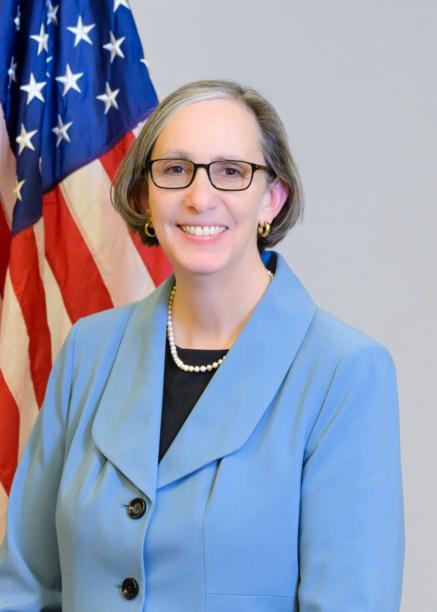 Kimryn Rathmell, M.D., Ph.D., M.M.H.C.
Kimryn Rathmell, M.D., Ph.D., M.M.H.C.
NCI Director, NCIDr. Kimryn Rathmell was sworn in as the 17th NCI director on December 18, 2023. She previously led the Vanderbilt University Medical Center as physician-in-chief and chair of the Department of Medicine.
Dr. Rathmell is a recipient of the 2019 Louisa Nelson Award for Women of Achievement, Vision, and Inspiration, the 2019 Eugene P. Schonfeld Award from the Kidney Cancer Association, and the Paragon Award for Research Excellence from the Doris Duke Foundation. She was a leader of The Cancer Genome Atlas’s (TCGA) kidney cancer projects and served as a TCGA analysis working group member across the spectrum of cancers, winning the 2020 American Association for Cancer Research Team Science Award.
Dr. Rathmell’s specialty is the research and treatment of complex and hereditary kidney cancers. She also focuses on underlying drivers of kidney cancers using genetic, molecular, and cell biology to develop interventions to improve patients’ lives. Dr. Rathmell’s research has resulted in more than 250 articles in leading peer-reviewed journals, including The New England Journal of Medicine, Nature, Proceedings of the National Academy of Sciences, and the Journal of Clinical Investigation.
Dr. Rathmell earned undergraduate degrees in biology and chemistry from the University of Northern Iowa and her Ph.D. in biophysics and M.D. from Stanford University. She completed an internal medicine internship at the University of Chicago and an internal medicine residency, medical oncology fellowship, and postdoctoral studies at the University of Pennsylvania. In 2022, she completed her Master of Management in Health Care from the Vanderbilt University Owen Graduate School of Management.
Anu Sharman is a program director in the Division of Cancer Biology (DCB). She has 16 years of experience working in the DNA and Chromosome Aberrations Branch and her portfolio of grants are focused on the genetic alterations associated with cancer health disparities, models for investigating cancer disparities and drivers of genomic instability among racial/ethnic populations. Anu is passionate about fostering diversity and inclusivity in the workplace. She has participated in a number of programs such as the NIH UNITE initiative established to identify and address structural racism and in Anti-Racism Steering Committee’s to promote the culture of inclusion, an important NIH goal.
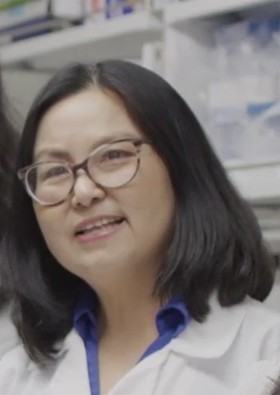 Haifei Shi, Ph.D., M.D.
Haifei Shi, Ph.D., M.D.
Professor, Miami UniversityHaifei Shi is a Professor in Biology at Miami University Ohio. She obtained her M.D. from Beijing Medical University and her Ph.D. in Neuroscience from Georgia State University. Prior to joining Miami University in 2009, she conducted postdoctoral research in Endocrinology at the University of Cincinnati College of Medicine. Her research primarily focuses on neural and hormonal regulation of energy metabolism, with a particular emphasis on understanding the mechanisms underlying sex differences in physiological and pathological conditions, including diseases such as obesity and cancer. Her research group collaborates with researchers who share similar interests within and outside Miami University. Professor Shi is an enthusiastic teacher-mentor-scholar. She actively engages undergraduate and graduate students from diverse backgrounds in NIH-funded studies, guides students in developing their independent research projects, and publishes research manuscripts and book chapters with her students. In her teaching and advising roles, Professor Shi applies critical thinking and problem-solving skills to courses at both undergraduate and graduate levels. She serves as a neuroscience minor advisor for over 250 students and assumes a leadership role in a university interdisciplinary graduate program. Professor Shi's commitment extends to academic service. She has organized regional and international research symposia, served as a reviewer for grant agencies and scientific journals, and been actively involved in the Ohio Miami Valley Chapter of the Society for Neuroscience. Serving as an officer for the chapter from 2015 to 2018 and as its president in 2018, she has demonstrated her dedication to advancing neuroscience research, education and public outreach. Professor Shi is a University Inclusive Excellence Faculty Fellow through the Provost's Office and a Mid-American Conference (MAC) Academic Leadership Development Program (ALDP) Fellow. She is deeply committed to supporting the professional development and retention of faculty members from diverse backgrounds and to fostering increased faculty diversity at Miami University.
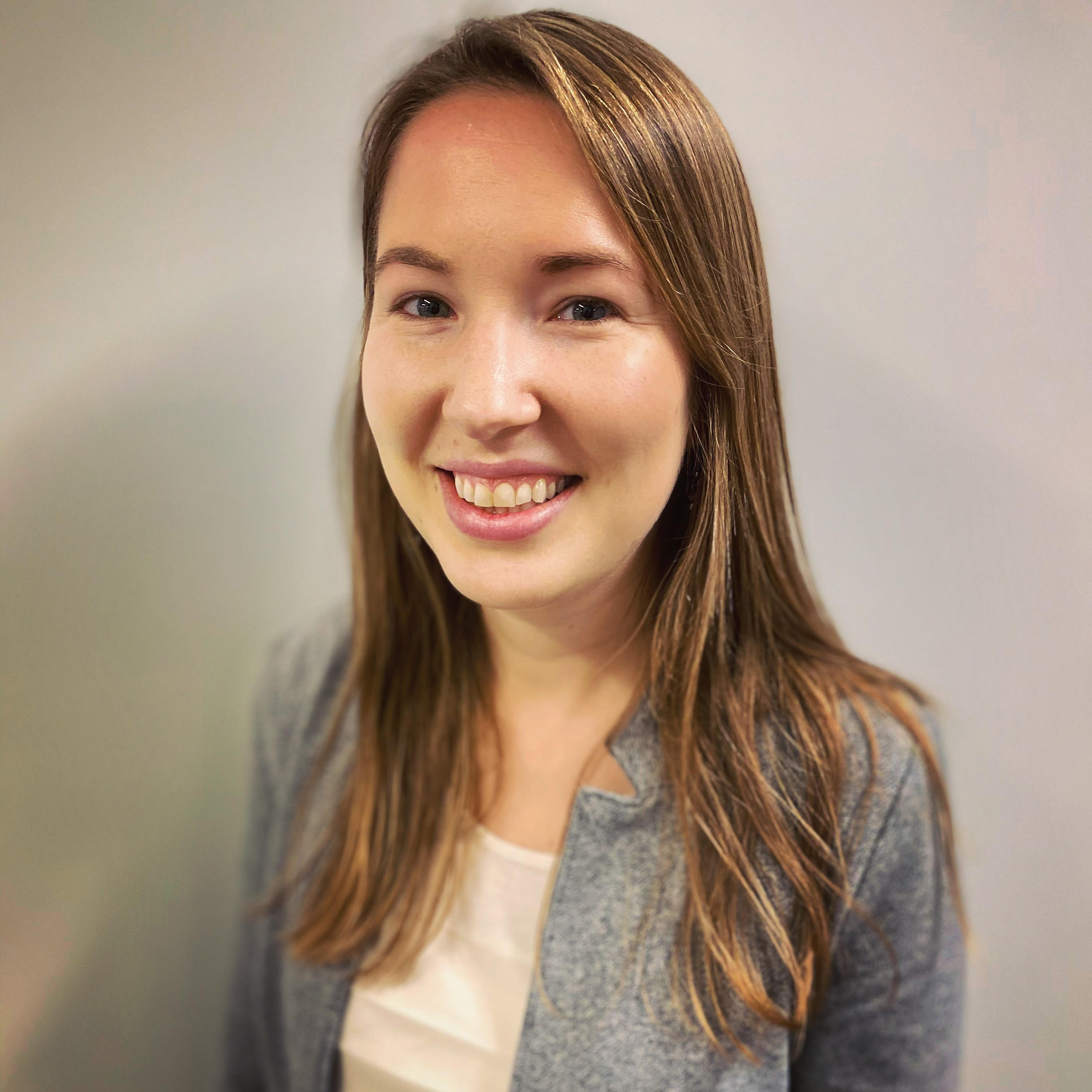 Mallory Shramek, MS
Mallory Shramek, MS
Grants Management Specialist, NCI, National Cancer Institute, NIH
mallory.shramek@nih.govMallory Shramek is a Grants Management Specialist with the Office of Grants Administration at NCI. She has over 12 years of experience in grants management and has served in roles as a recipient of federal funds as well as a pass-through entity for federal funds. She currently has a portfolio of over 200 grants at NCI. Mallory works on activities associated with the negotiation, award, and ongoing management of NCI grants and cooperative agreements. She is dedicated to working with her colleagues and NCI recipients to support the business operations of cancer research activities.
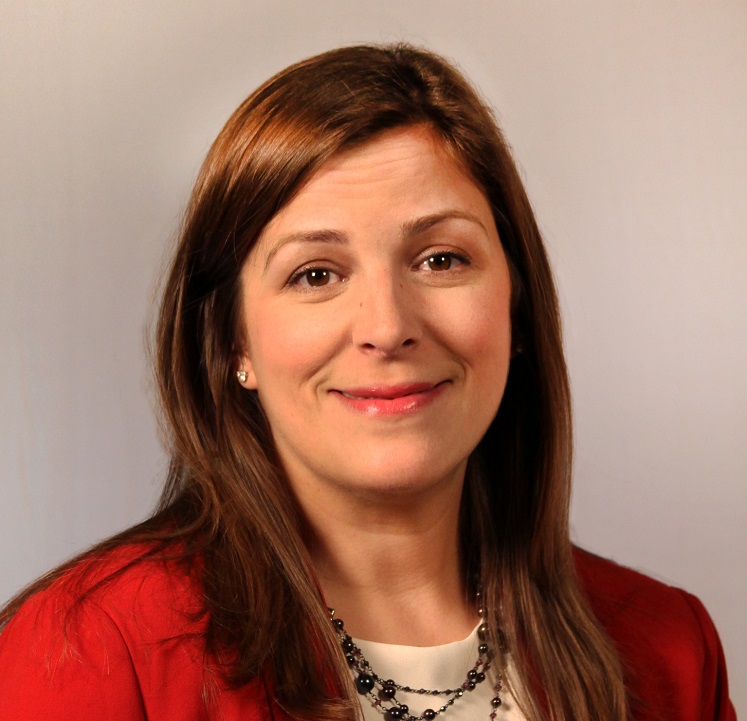 Jessica Smith, Ph.D.
Jessica Smith, Ph.D.
Scientific Review Officer, NIH Center for Scientific Review
jessica.smith6@nih.govDr. Jessica M. Smith is a Scientific Review Officer and Referral Officer at the NIH Center for Scientific Review. She manages the Cell Structure Function 1 (CSF1) Study Section in the Cell and Developmental Biology Review Branch. As an SRO, she analyzes the scientific content of grant applications, identifies scientist and other experts to serve in review meetings, organizes and runs peer-review meetings to assess the merit of grant applications, and provides applicants and NIH staff with summary statements that describe the outcome of the review. Dr. Smith came to CSR from the Common Fund within the NIH Office of the Director, where she served as a scientific program analyst. She provided scientific expertise and analytical skills to facilitate review for Other Transaction Authority (OTA) awards, program management, strategic planning, evaluation, and science policy for Common Fund programs. Dr. Smith joined the NIH Common Fund after completing a postdoctoral fellowship in the NIH Clinical Center, Department of Laboratory Medicine. While there, she collaborated with the National Center for Advancing Translational Sciences to develop high throughput screening assays toward identifying small molecule inhibitors for cancer therapy. Prior to that, she received a doctorate from Johns Hopkins University, School of Medicine, with a focus on chemical biology and pharmacology toward antibiotic development.
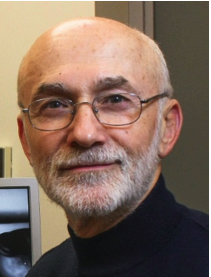 Andrew J. Steckl, Ph.D.
Andrew J. Steckl, Ph.D.
Gieringer Professor and Ohio Eminent Scholar, Distinguished University Research Professor, University of Cincinnati
a.steckl@uc.eduAndrew J. Steckl received the B.S.E. degree in electrical engineering from Princeton University, and the M.Sc. and Ph.D. degrees from the University of Rochester. From 1972 to 1976, he worked on infrared devices at Honeywell and charge coupled devices at Rockwell. In 1976, he joined the Electrical, Computer and Systems Engineering Department, Rensselaer Polytechnic Institute, Troy, NY, where he developed a research program in microfabrication of Si devices. In 1981, he founded the Center for Integrated Electronics, a multi-disciplinary academic center focused on VLSI research and teaching. In 1988, he joined the Electrical and Computer Engineering Department at the University of Cincinnati, as an Ohio Eminent Scholar and a Gieringer Professor of Solid-State Microelectronics. At the University of Cincinnati he has built the Nanoelectronics Laboratory in the general area of semiconductors, biomaterials and biomedical devices. Current research activities include devices for point-of-care healthcare diagnostics, and electrospinning of complex fiber membranes for chemical and biomedical applications. To date, Prof. Steckl has educated over 50 Ph. D. students and has supervised 13 post-doctoral fellows. The research from his lab has yielded 460 publications and 28 patents. which have received ~ 17,000 citations to date. This has resulted in a current citation h-index of 72. Dr. Steckl’s awards and honors include the Electronics and Photonics Award of the Electrochemical Society and the Rieveschl Award for Distinguished Scientific Research. He is Life Fellow of IEEE, Fellow of the National Academy of Inventors and Fellow of the American Association for the Advancement of Science.
